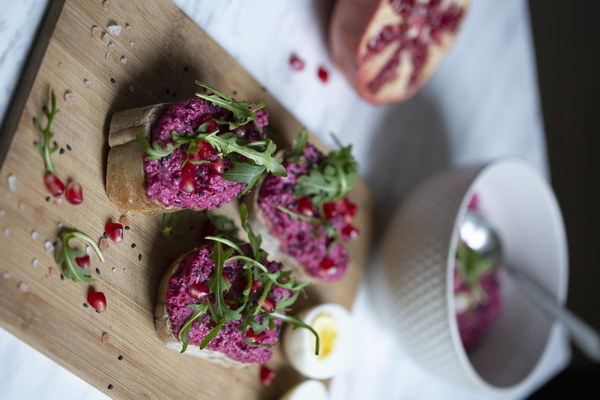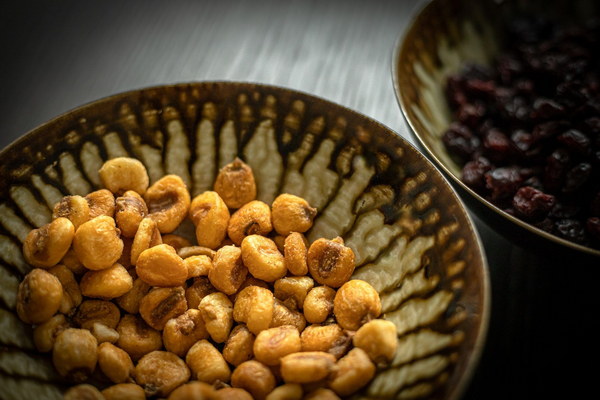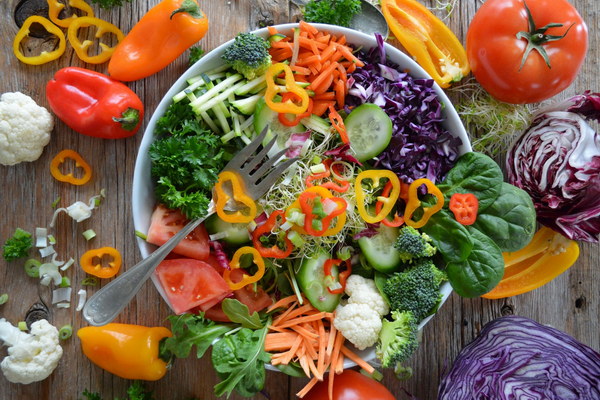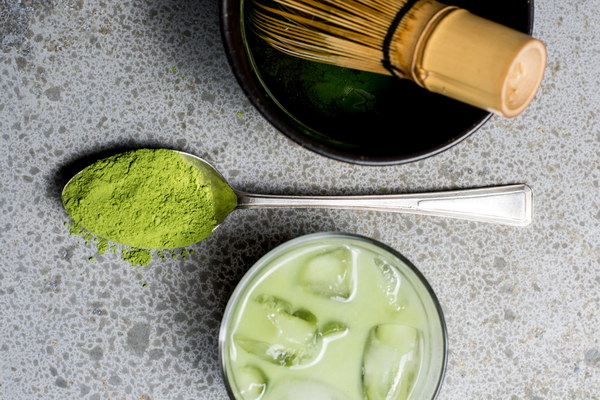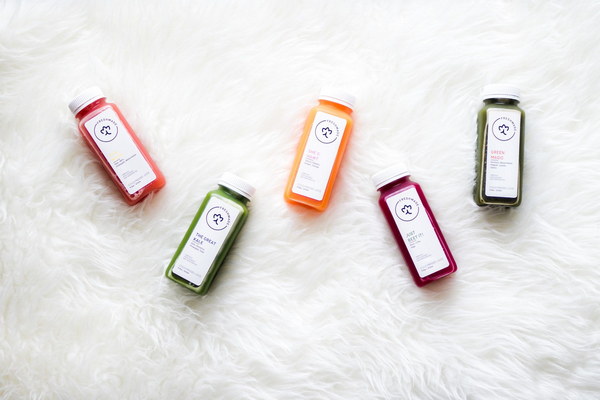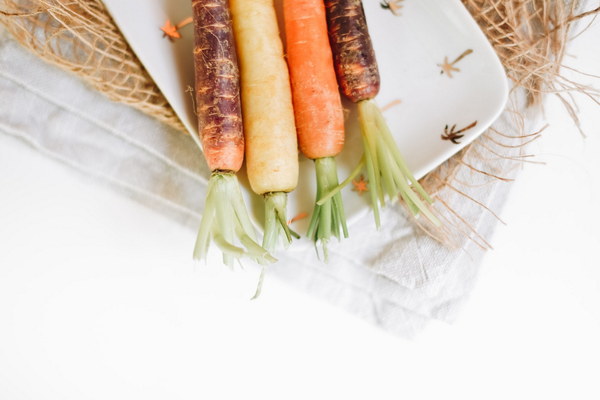Revitalize Your Energy with Red Ginseng A Guide to Complementary Herbs for Blood Building Without Heat
In the realm of traditional Chinese medicine, red ginseng has long been revered for its ability to boost energy, enhance immunity, and improve overall well-being. However, some individuals may be concerned about the potential for heat (or hot properties) associated with certain herbs. The good news is that there are several complementary herbs that can be used alongside red ginseng to build blood and energy without causing excess heat. This article will explore these herbs and provide insights into how you can create a balanced formula for optimal health.
Red ginseng, also known as Renshen, is a well-known adaptogen that helps the body adapt to stress, increase vitality, and enhance physical endurance. Its potent antioxidants and immune-boosting properties make it a popular choice for those seeking to improve their health and well-being. However, the hot nature of red ginseng can sometimes lead to unwanted side effects, such as restlessness or irritability, especially in individuals with a hot constitution.
To mitigate the heat and maximize the benefits of red ginseng, consider incorporating the following complementary herbs into your formula:
1. Codonopsis (Dangshen): Codonopsis is a well-known adaptogen that works synergistically with red ginseng to enhance its effects. This herb is often used to strengthen the spleen and lung functions, improve energy levels, and support the immune system. Its mild, cooling properties make it an excellent partner for red ginseng.
2. Astragalus (Huang Qi): Astragalus is another adaptogen that supports the immune system and enhances energy levels. It is often used to tonify the body and prevent disease. With its cooling properties, astragalus helps balance the heat of red ginseng and promotes a harmonious blend of ingredients.
3. Goji Berries (Gou Qi Zi): Goji berries are a nutrient-rich superfood that provides numerous health benefits, including improved energy, enhanced immunity, and better eye health. They are known for their cooling properties, which help counteract the heat of red ginseng, making them an ideal addition to your formula.
4. White Peony (Bai Shao): White peony is a traditional Chinese herb used to nourish the blood, relieve pain, and calm the mind. It has a cooling effect that helps balance the heat of red ginseng and supports the overall health of the blood and mind.
5. Chrysanthemum (Jin Yin Hua): Chrysanthemum is a cooling herb often used to soothe the eyes, reduce headaches, and lower blood pressure. Its gentle cooling properties make it a perfect complement to red ginseng, helping to prevent the potential side effects associated with its hot nature.
To create a balanced formula that utilizes these complementary herbs, consider the following recipe:
Red Ginseng and Complementary Herbs Formula:
- 5 grams of red ginseng
- 5 grams of codonopsis
- 5 grams of astragalus

- 5 grams of goji berries
- 5 grams of white peony
- 5 grams of chrysanthemum
- 1 liter of water
Instructions:
1. Combine all the herbs in a pot.
2. Add the water and bring to a boil.
3. Reduce heat and simmer for 30 minutes.
4. Strain the mixture and drink the tea while it's warm.
5. Repeat daily for optimal results.
Remember that it's essential to consult with a qualified healthcare professional before starting any new herbal regimen. By incorporating these complementary herbs into your formula, you can harness the power of red ginseng to build blood and energy without the risk of unwanted heat-related side effects.
